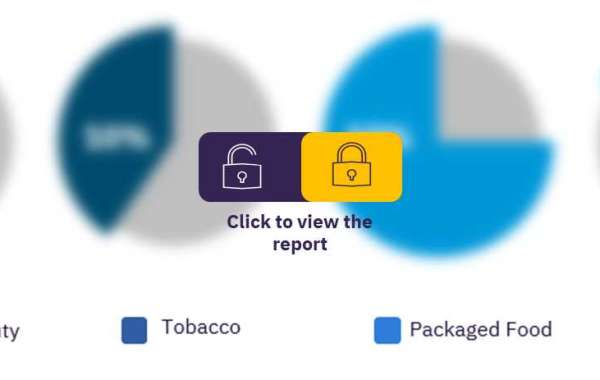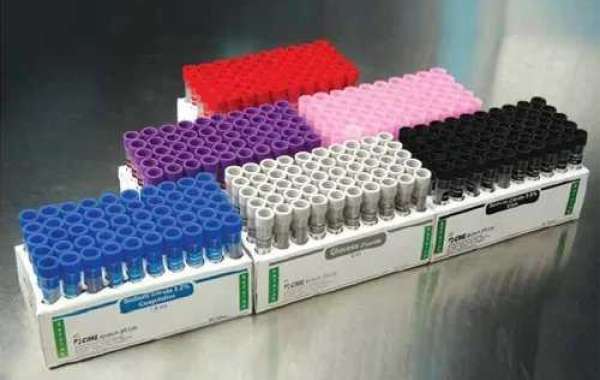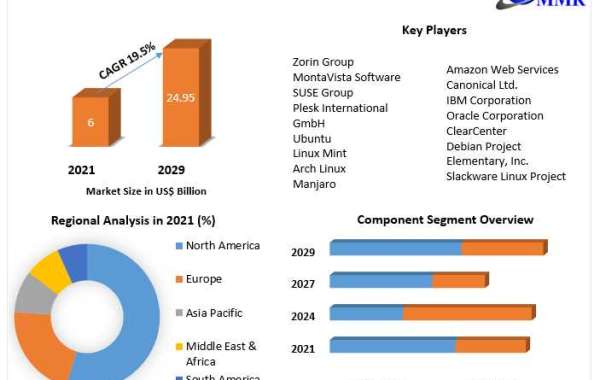Verizon, the largest telecom provider in the United States, is the latest company to stop advertising on Facebook, posing a threat to the Comfort and Uncertainty Megatrend Overview primary source of revenue, which has already suffered from the coronavirus pandemic.
Ben Jerry's, Patagonia, and REI, among others, and Verizon also stopped advertising on Facebook-owned platforms on Thursday.
The boycott is the result of a campaign called "#StopHateForProfit" that was launched on Wednesday by advocacy groups like the Anti-Defamation League (ADL), the NAACP, and Color Of Change.
Following the company's handling of inflammatory posts from President Donald Trump, the campaign calls for Facebook to implement stricter policies on racist and hateful content.
After one of Verizon's ads appeared alongside a video from the conspiracy group QAnon, which the ADL characterized as "drawing on hateful and antisemitic rhetoric," Verizon stopped advertising on Facebook.
John Nitti, Verizon's chief media officer, stated in a statement, "We have strict content policies in place and have zero-tolerance when they are breached, we take action."
To know about the assumptions considered for the study, Download for Free Sample Report
"Until Facebook can come up with an acceptable solution that makes us feel comfortable and is consistent with what we've done with YouTube and other partners, we're suspending our advertising."
In light of Verizon's declaration, Carolyn Everson, VP for Facebook's Worldwide Business Gathering, said: " We remain focused on the crucial work of eradicating hate speech and providing vital voting information, and we respect any brand's decision. The topic of our discussions with civil rights organizations and marketers is how we can work together to do good.
The #StopHateForProfit campaign, which was launched in response to the George Floyd protests, comes at a difficult time for Facebook.
During the pandemic, hard-hit businesses have been cutting back on their advertising budgets, posing a threat to the financial health of the world's second-largest digital advertising platform.
The business stated in its earnings for the first quarter that there had been a "significant reduction" in the demand for advertising.
Facebook's advertising revenue increased 17% year-over-year between January and March despite this. However, Facebook's earnings report's language suggests that a decrease in March was covered up by strong advertising growth in the first two months of the year. This was the period when the World Wellbeing Association officially pronounced a pandemic and lockdown estimates in a significant part of the world were presented.
Facebook's earnings for the second quarter, due in July, will not reveal the full extent of the pandemic's impact on revenue.
Verizon's move, on the other hand, has the potential to exacerbate Facebook's advertising difficulties. Between 22 May and 20 June this year, Verizon spent nearly $1.5 million on Facebook ads and nearly $500,000 on Instagram ads, according to marketing analytics company Pathmatics.
Facebook is harmed by Verizon's decision in addition to the direct revenue loss.
When a company of Verizon's stature makes a public move, it may encourage other advertisers to do the same, especially at a time when corporate responsibility is on the rise.
In an open letter, the ADL stated, "When it comes to dealing with rampant hate and harassment, [Facebook] continues to come up short." With $17 billion in profit and $70 billion in revenue, what are they doing? Their misinformation, incitement, and hate speech policies are unequal.
Their victim services for harassment are inadequate. The proximity of their advertising placement to hateful content is haphazard. Additionally, their audit transparency reports titled "civil rights" are of no use to the civil rights community.








